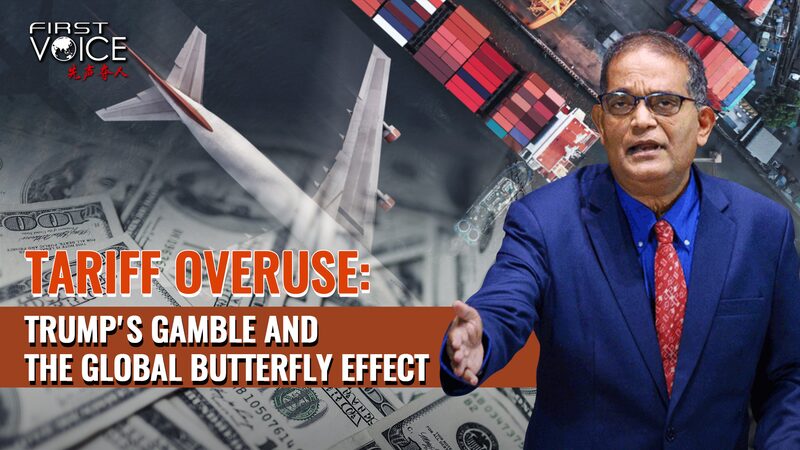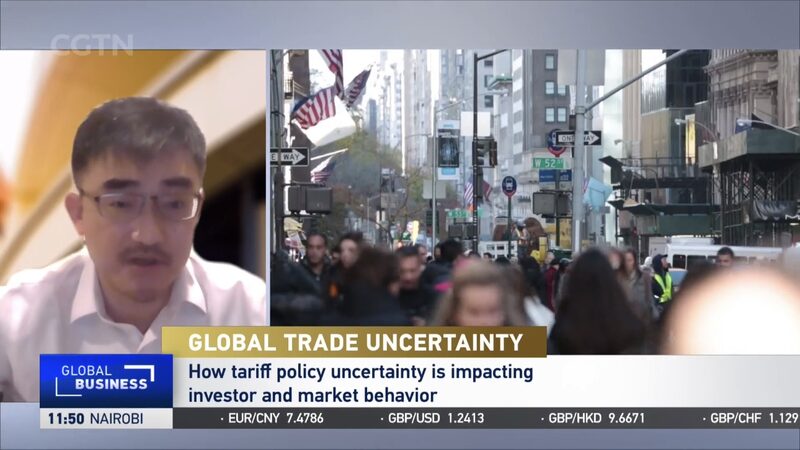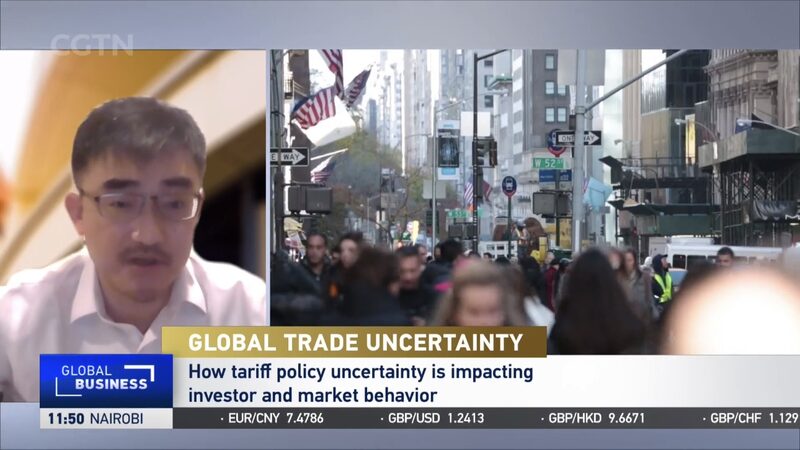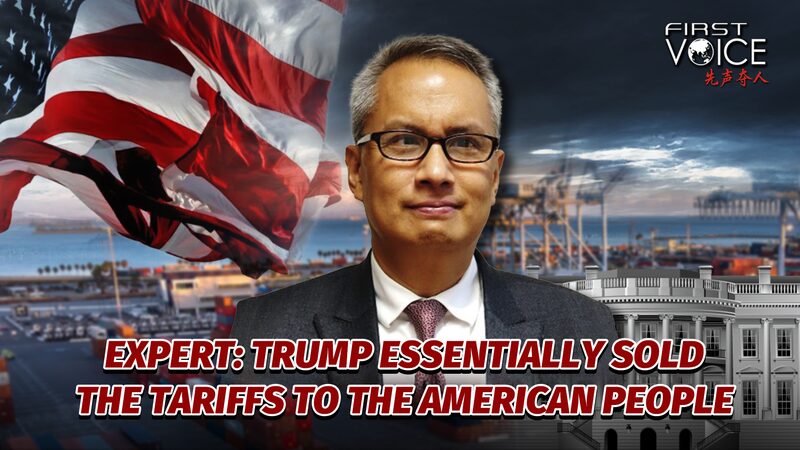In a significant escalation of economic tensions, U.S. President Donald Trump has announced the imposition of new tariffs on a range of goods. Starting February 1, a 10 percent tariff will be applied to Chinese-made products, while goods imported from Canada and Mexico will face a hefty 25 percent tariff.
The administration justifies these measures by accusing China of playing a pivotal role in the distribution of fentanyl, a potent synthetic opioid, within Mexico and Canada. This move reignites global concerns over the resurgence of trade wars and their expansive repercussions.
Trump's decision to categorize China alongside \"abuser\" countries highlights the administration's aggressive stance on trade. However, China has swiftly responded, emphasizing the inherent futility of engaging in trade wars in today's economically interconnected world.
\"The U.S. imposed a 10 percent tariff on Chinese exports to the U.S. using the fentanyl issue as an excuse. China is strongly dissatisfied with this and firmly opposes it. We will take necessary countermeasures to firmly safeguard our legitimate rights and interests,\" stated China's Foreign Ministry spokesperson on February 2.
This stance underscores the reality that tariff wars rarely result in winners. The U.S. and China, despite ongoing disputes, remain vital trading partners. Disrupting this relationship with tariffs is likely to trigger widespread effects across global trade networks, affecting businesses, consumers, and governments worldwide.
American manufacturers dependent on Chinese components will face increased production costs due to the 10 percent tariff. These costs are expected to be transferred to consumers, potentially diminishing purchasing power and contributing to inflation. Additionally, access to one of the world's largest consumer markets could become jeopardized.
While the Trump administration promotes tariffs as a solution to trade imbalances and a means to protect American jobs, the broader consequences suggest otherwise. Protectionist policies are likely to stifle innovation, disrupt global supply chains, and raise costs for both businesses and consumers in the U.S.
China, in contrast, continues to advocate for free trade and multilateralism. It remains actively engaged in World Trade Organization affairs and has been a driving force behind initiatives like the Regional Comprehensive Economic Partnership, the world's largest free trade agreement, effective since January 2022.
The implications of Trump's tariff threats extend beyond U.S.-China relations. Canada and Mexico, key trading partners of the United States, have indicated their intention to retaliate. Canadian Prime Minister Justin Trudeau has warned of counter-tariffs \"worth billions of dollars,\" while Mexico remains committed to defending its national interests. Similarly, the European Union, criticized by Trump for its treatment of the U.S., is unlikely to remain passive in the face of protectionist measures.
Reference(s):
cgtn.com




